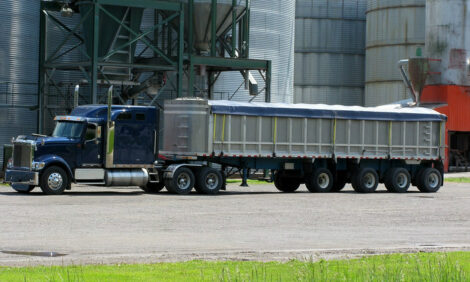



Poultry Sector Very Aware Of Campylobacter Issue, Says BPC
UK - The British Poultry Council today responded to claims in the ITV programme Tonight With Trevor MacDonald (11/06/2007) that chicken meat is a major carrier of campylobacter, and that the fat content of chicken has increased.Although the small sample tested in the programme was not at all representative of UK organic chicken production, the chicken sector is very aware of the incidence of campylobacter in flocks. Campylobacter is a ubiquitous bacteria in the natural environment and it is generally acknowledged that birds raised in outdoor systems are more susceptible to campylobacter, due to their proximity to sources of infection.
British Poultry Council.
While indoor rearing can help reduce the incidence, greater scientific understanding is needed of how the organism gets into flocks. The British poultry sector is working with the Food Standards Agency, DEFRA, and researchers to identify effective ways to prevent flock infection.
The BPC echoes the advice of the FSA, that proper kitchen hygiene and normal cooking of poultry meat completely removes the risk of infection to humans.
BPC disputes the claimed results for fat levels in whole chickens tested on the programme. These are the opposite of the results of independent studies carried out over many years by the Royal Society of Chemistry for published food composition tables which show fat levels in chicken reducing. These reductions are confirmed by a separate analysis published this year which showed that the most common UK modern breed of chicken has almost half the level of fat of the same breed of 25 years ago.
Further, the programme implied criticism of the general standards to which chickens are raised. British Poultry Council chicken members rear chickens in indoor, free range and organic systems. These farms are covered by assured standards that deliver good animal health and welfare, as well as food safety.
Our members produce to Red Tractor standards and those of the UK organic certification bodies; these standards go beyond the legal requirements and every farm covered is independently audited each year. Consumers can be confident that chicken farmed in Britain is to a high standard.









